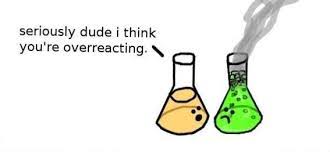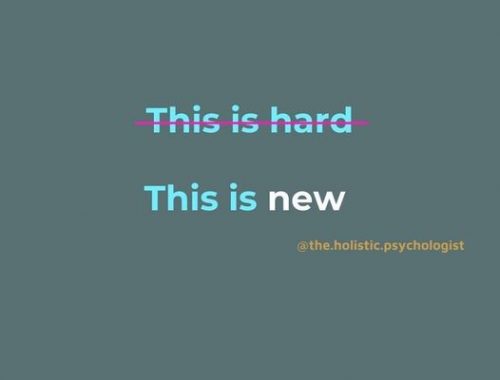Why it is better to respond than react.
I am sure we have all felt irritated, annoyed or angry while at work… it has probably already happened to you today. We all handle these situations in different ways. Deciding if you respond or react to a situation can have a long-term impact on your career.
When we are placed in a stressful situation, many people are unable to think clearly, they go into fight mode – blaming others or speaking before thinking. In these situations, you’re prone to poor judgement and saying or doing things you may regret later.
I have seen the full spectrum during my years as a communications manager… tears, tantrums, screaming, slamming, snapping. All of us know those people who yell and scream when stressed, and those that are cool and calm under fire. The difference between these two approaches
“Reacting is when we unconsciously experience an emotional trigger and behave in a way that causes us to express or relieve that emotion.”
I have spent years coaching staff on why it is so important to respond to a situation but not react to it. Constantly reacting badly to work situations can create long-term reputational issues, especially if it is a habit you have become known for. Some of my best staff have been reactors, and at times it held them back in their careers.
How do I know if I am overreacting?
I don’t think many people who react do this consciously. In many conversations when I have raised someone’s reaction to a situation, they have either been completely oblivious to it or feel very sheepish in retrospect.
Maybe you have been reading this thinking “that’s me”. But if you are not sure, ask yourself four questions:
- What was the most annoying thing that happened to you this week at work? When it happened did you:
- Did you cry, yell, raise your voice, huff and puff, slam something, sigh (loudly), roll your eyes, walk out?
- Did you tell the story to multiple people who weren’t involved – a colleague, your boss, someone in another team, someone higher up? Did you tell more than three people?
- Did you keep talking about it more than 48 hours after the event?
If you said yes to any of these, you reacted.
What can I do about it?
How can you respond but not react? I am not saying that I am perfect. I have definitely been known to have a meltdown or two, but generally, I think I am pretty good at responding well to stressful situations. Here are a few tricks I have learnt over the years.
Learn your triggers
Do you know there is one person who pushes your buttons, a certain meeting that drive you insane, a type of task that you just hate? Observe yourself, keep a diary whatever it takes. Figure out your triggers and be ready to respond in a better way. You will be surprised how quickly you can change.
Become self-aware
You can’t always identify a trigger that will set you off. You need to be able to spot it happening at the time, feel yourself getting ready to burst and remove yourself from the situation (if you can). Do you get a hot flush? Does your breathing speed up? Understanding some of the physical signs can help you prepare and change course.
Learn the six-second pause
When you can’t remove yourself from the situation, you need a way to diffuse it. Learn the six-second pause. Why six-seconds? Apparently, the chemicals of emotion inside our brains and bodies usually last about six seconds. During a heated exchange, if we can pause for a short moment, the flood of chemicals being produced slows down. Take a deep breath before you say anything.
Be willing to say sorry
If you had a complete rant at someone in public, even if it was deserved, it was unprofessional. Be the bigger person and apologise. If you did it in front of other people, you need to apologise to them as well, or in front of them, to repair your wider-reputation. You are not going to want to do this but it will have a big impact because people will know how hard it was.
Have a safe space
There will be times when you just need to vent, blow your top. Find that person who you trust that you can ask to go for a walk around the
Find a mirror
Sometimes we all need that honest person in our lives who can say “hey did you know you just did this?” Someone that will hold a mirror up to your behaviour. This person isn’t the same as your safe person above, it’s the person who will be honest with you. Find a colleague you trust, your boss, the person you sit next to and ask them for help. Ask them to call you out so you can start to change your behaviour.

I am not suggesting that you shouldn’t do anything when someone is being rude or unreasonable but it is important to respond in a considered and professional way. Responding will make sure you are taken more seriously. Reacting will have people questioning your ability to handle pressure.
It’s hard, especially if you are usually an emotional person but it is so important for you and your career to learn this skill. You won’t be perfect at it, you will need to practice, but it will be worthwhile.

